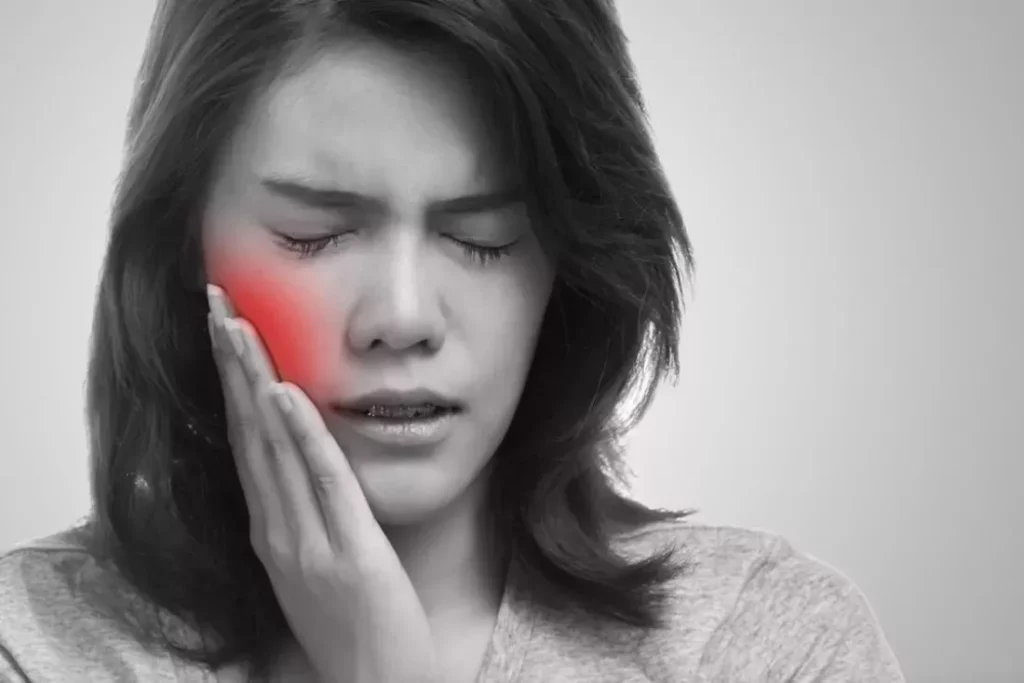As we approach the holiday season and the end of 2018, stress and anxiety are upon many. There are many health problems associated with daily stress, and bruxism, a clenching or grinding of the teeth, is one of them.
As we approach the holiday season and the end of 2018, stress and anxiety are upon many. There are many health problems associated with daily stress, and bruxism, a clenching or grinding of the teeth, is one of them. Bruxism is when you clench or grind your teeth. If you have bruxism, you may unconsciously (or consciously) clench your teeth together during the day or grind them at night, which is called Sleep Bruxism.
Bruxism may be mild and may not even require treatment. However, it can be frequent and severe enough to lead to jaw disorders, headaches, damaged teeth, and other problems.
Clenching the teeth puts pressure on the muscles, tissues, and other structures around your jaw. The symptoms can cause temporomandibular joint problems (TMJ). Grinding can wear down your teeth. Grinding can be noisy enough at night to bother sleeping partners. Symptoms include Anxiety, stress, and tension, depression, eating disorders, headache, insomnia, sore or painful jaw especially when you wake up and irradiated pain in the temporal area.
Treatment would include: Avoid actions that cause your symptoms, such as yawning, singing, and chewing gum. Try moist heat or cold packs on your face. Learn stress-reducing techniques.
A simple night guard can be a solution. A night guard (mouth guard) is an acrylic custom-made appliance with an internal silicon coat for better fitting that can help to relax your mastication muscles providing more comfort. They are specially designed to relieve pain caused by bruxing or clenching and is recommended to be worn during sleep hours.
If you believe you grind and/or clench your teeth, call for a complimentary evaluation with Dr. Sharp at (305) 857-0990 for an appointment.
Reference: www.ada.org

